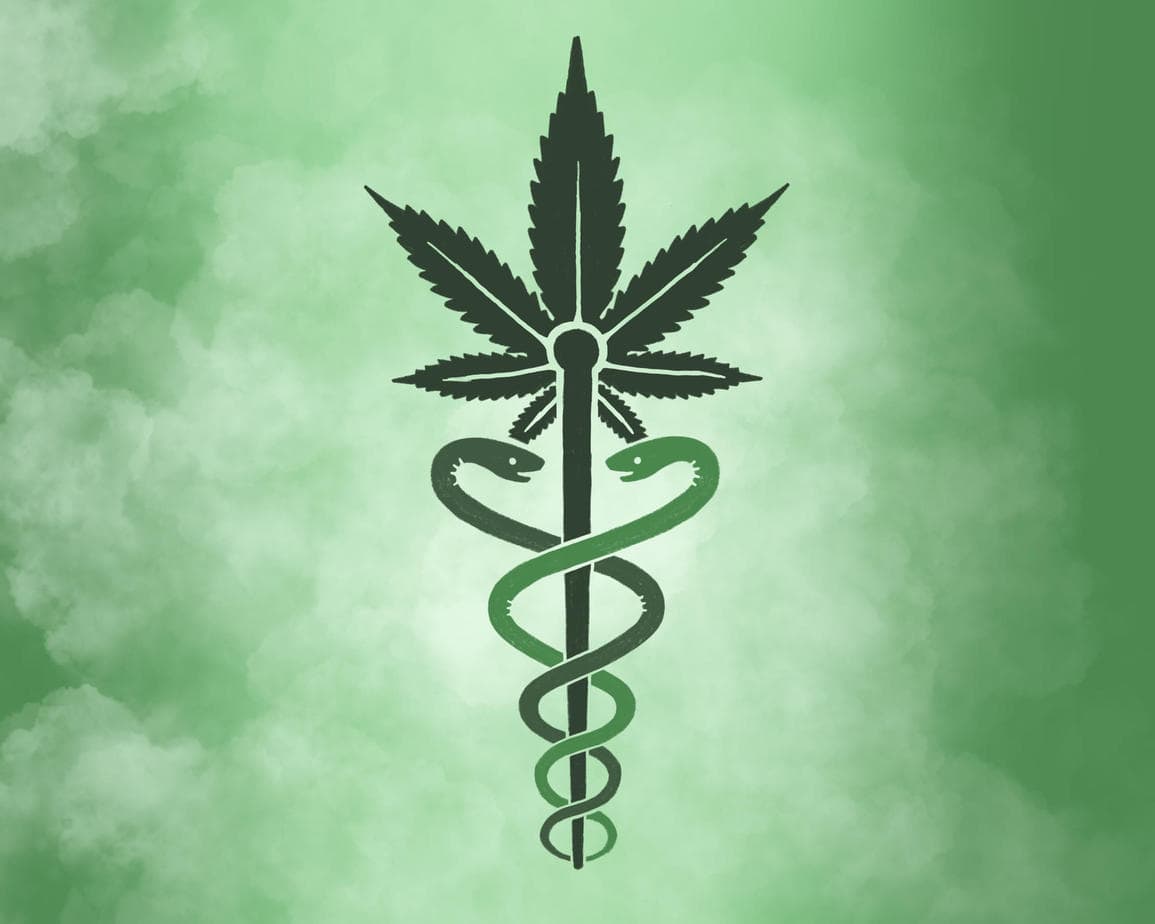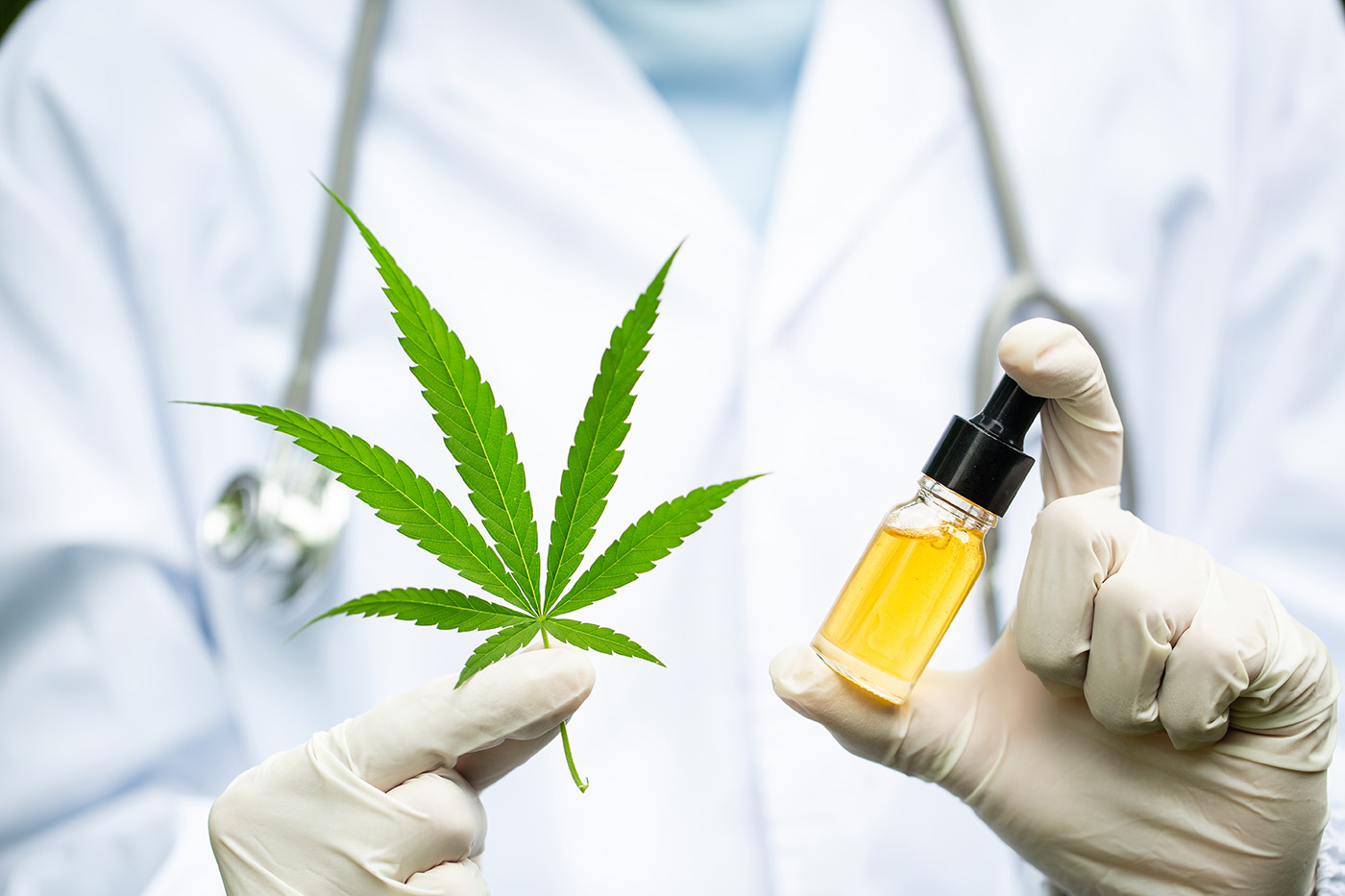Shedding Light on What Medical Cannabis Can Cure: a Thorough Analysis of Its Healing Qualities
In current years, there has been a growing interest in the healing capacity of clinical cannabis. While unscientific proof is plentiful, a comprehensive evaluation of the clinical data relating to the effectiveness of clinical cannabis in treating these conditions is warranted.
Chronic Pain Administration
Persistent pain monitoring continues to be an important facet of clinical treatment, demanding a thorough strategy for efficient treatment. Over the last few years, medical cannabis has actually arised as a prospective healing choice for individuals dealing with chronic discomfort conditions. The endocannabinoid system, which plays an important role suffering modulation, has been targeted by cannabis-based therapies to enhance and reduce signs quality of life for clients.

Moreover, clinical marijuana offers an appealing alternative for patients who experience excruciating side results from conventional discomfort drugs. Its capability to resolve pain via a various system makes it an important addition to the arsenal of therapies offered for persistent pain monitoring.
Epilepsy Therapy Potential
Clinical cannabis has actually shown appealing possibility in the therapy of epilepsy, using an unique therapeutic method for handling seizures in people. Epilepsy is a neurological disorder defined by frequent seizures, influencing individuals of every ages. Conventional therapies for epilepsy consist of antiepileptic medications, yet these medications may not be effective for all individuals and can have significant adverse effects.
Research study on the use of medical cannabis for epilepsy has exposed encouraging results. Cannabidiol (CBD), a non-psychoactive compound discovered in marijuana, has been especially highlighted for its anticonvulsant homes. Researches have revealed that CBD can decrease the regularity and severity of seizures in patients with treatment-resistant types of epilepsy, such as Dravet disorder and Lennox-Gastaut syndrome.
Furthermore, the FDA has approved a CBD-based drug, Epidiolex, for the therapy of seizures linked with these extreme types of epilepsy. This landmark highlights the expanding recognition of clinical cannabis as an important therapeutic choice for handling epilepsy and provides hope for individuals who have not reacted well to traditional treatments.
Nausea Alleviation Advantages
The relief of nausea or vomiting via the usage of cannabis has been increasingly acknowledged for its restorative benefits in different clinical conditions. Queasiness and throwing up prevail signs and symptoms experienced by people undergoing radiation treatment, those with gastrointestinal conditions, and people with persistent discomfort conditions. Medical marijuana, with its active substances such as THC and CBD, has actually shown pledge in giving remedy for nausea.

In addition, clinical marijuana uses a natural alternative for people that do not respond well to traditional anti-nausea medicines or who experience serious adverse effects from these drugs. People undertaking chemotherapy, specifically, have actually reported significant enhancements in their lifestyle when utilizing marijuana to handle queasiness. As research study around proceeds to expand, medical cannabis is increasingly being thought about as an important option for queasiness relief in numerous medical setups.
Stress And Anxiety Reduction Impacts
Studies have demonstrated the possibility of cannabis in lowering stress and anxiety symptoms via its communication with the endocannabinoid family planning clinic system. The endocannabinoid system plays an essential role in regulating emotions, consisting of anxiousness, by maintaining homeostasis in the body. Cannabinoids in cannabis, such as THC and CBD, interact with the endocannabinoid receptors in the brain, specifically the CB1 and CB2 receptors, to modulate anxiety-related reactions.

Clients with conditions like generalized stress and anxiety disorder (GAD), social anxiousness disorder, and post-traumatic stress problem (PTSD) may profit from the anxiolytic properties of cannabis (Medical Cannabis Doctor). Nonetheless, additional research study is needed to establish optimum does, delivery methods, and lasting effects on anxiousness monitoring.
Potential for Swelling Control
With its recognized anti-inflammatory buildings, cannabis has shown guarantee in possibly regulating inflammation within the body. Inflammation is the body's all-natural response to injury or infection, yet when it becomes chronic, it can add to different diseases such as arthritis, inflammatory digestive tract disease, and even heart problem. Research study suggests that the cannabinoids discovered in marijuana, such as THC and CBD, can aid reduce and control the immune reaction inflammation.
Research studies have shown that cannabis can interact with the endocannabinoid system, which plays an essential role in controling inflammation. By targeting the cannabinoid receptors, marijuana compounds can modulate the immune action, resulting in a decline in swelling levels. This makes cannabis a potential prospect for managing inflammatory problems where conventional therapies have actually failed.
Moreover, cannabis-derived items like CBD oil have gained appeal for their anti-inflammatory buildings, with several individuals utilizing them as an all-natural treatment for conditions Homepage connected with swelling. While more study is required to fully understand the systems behind marijuana's anti-inflammatory effects, present findings reveal promising outcomes for the prospective usage of medical marijuana in regulating inflammation.
Verdict
Finally, clinical cannabis has revealed promising restorative homes in managing chronic discomfort, treating epilepsy, relieving nausea, decreasing anxiousness, and managing swelling. Its possible advantages in various clinical problems highlight the value of additional research and expedition into its medical use. The proof recommends that clinical cannabis could be a beneficial option treatment alternative for clients seeking alleviation from a variety of conditions and symptoms.
In current years, medical marijuana has actually arised as a prospective therapeutic alternative for individuals experiencing from persistent discomfort conditions.Clinical marijuana has actually shown appealing potential in the therapy of epilepsy, providing a novel healing technique for taking care of seizures in people. As research in this location continues to expand, clinical cannabis is increasingly being taken into consideration as a beneficial choice for nausea or vomiting alleviation in numerous clinical settings.
In verdict, clinical cannabis has shown promising therapeutic buildings in taking care of chronic pain, treating epilepsy, soothing nausea, minimizing anxiousness, and controlling inflammation. The evidence recommends that clinical marijuana might be a valuable option treatment alternative for clients looking for relief from a variety of signs and conditions.